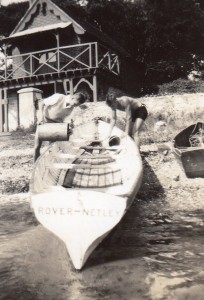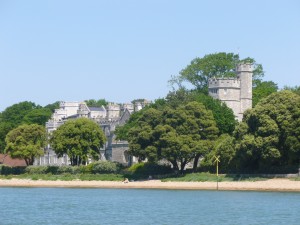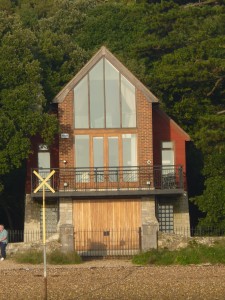
Can you imagine a world without Scouting?
Without the Jamborees, friendships and adventures it would certainly be a quieter and less colourful place. Well, if it wasn’t for the talent and originality of one man, the movement might never have existed at all.
This man was Robert Baden-Powell (1857-1941), a soldier, artist, actor and free-thinker. Best known for his spirited defence of the small South African township of Mafeking during the Boer War, he was propelled to further fame as the Founder of Scouting.
Scouting began outdoors of course. In 1907 Baden-Powell held a camp on Brownsea Island, Poole, Dorset, to try out his ideas. He brought together 20 boys, some from a variety of backgrounds. The success of the camp spurred him on to finish what would become a classic of the 20th century.
Scouting for Boys was published in 1908 and from the start, sales of the book were enormous. Boys soon formed themselves into Scout Patrols. It was a global phenomenon. As numbers grew, it soon became clear that young people of all ages and in every country wanted to get involved in Scouting. 1920 was also the year of the first World Scout Jamboree. At London’s Olympia, Scouts from across the world gathered to celebrate international unity and the growth of their great movement.
Scouting changed over the years and continued to grow. Scouts in the UK acted as coastguards during the First World War and ran messages during the Blitz. Our members have continued to have a positive impact on society, helping deliver health, education and rebuilding programmes across the world. Girls are now as much part of the adventure as the boys.
It is recognised that Sea Scouting started in 1909 with a camp onboard T.S. Mercury located in Hamble combined with a camp ashore at Beaulieu. In 1912 B-P’s brother Warrington Badem Powell published a book entitled Sea Scouting and Seamanship for Boys. An electronic copy can be found here. Click here.
Netley Sea Scouts can trace its roots back to the begining of Scouting and the early days of Sea Scouting. The group was formed in 1908 and registered in 1909. The groups patron Sir Harry Crichton, was the first Scout County Commisioner for Hampshire, and was a cousin of Admiral Lord Charles Beresford the first Chief Sea Scout. The Scouts first boat house was the Netley Castle Boat House, now a private home. Netley Castle was the home to Sir Harry, where Baden-Powell used to stay on his visits to Hampshire.

Eric Woodsford (on left) – With Scouts Gig – Rover in front of Netley Castle Boat House circa mid 1930’s


 Email a friend
Email a friend Share on Facebook
Share on Facebook Share on Twitter
Share on Twitter